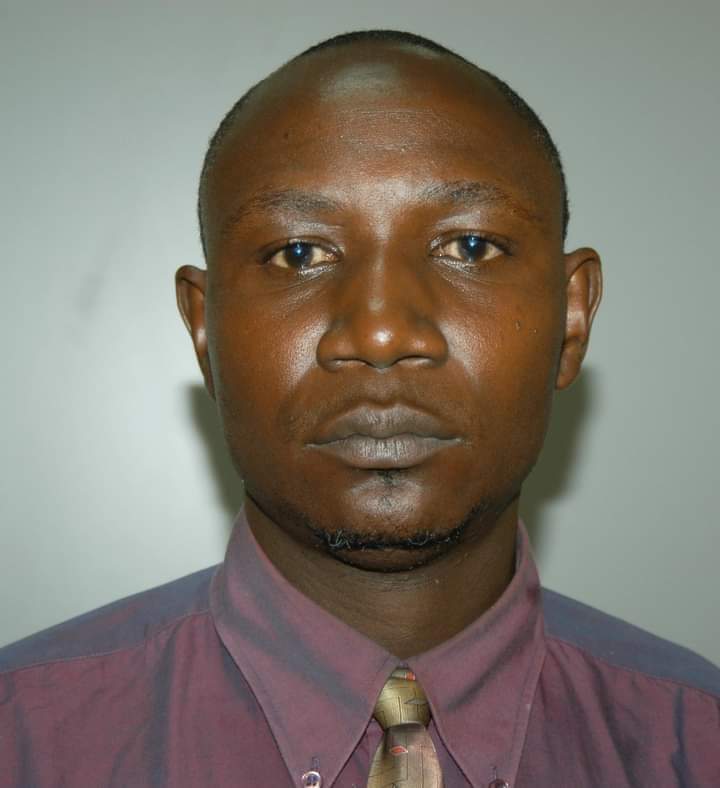By Ahmed Kateregga Musaazi
I am grateful to Ssaabalwanyi, the President of the Republic of Uganda to have appointed me Deputy City Resident Commissioner of my home Masaka City.
Although my appointment and that of my colleagues as deputy RCCs in the nine new cities, occurred at the end of June, it was in the media mid last week. There was an overwhelming positive reaction to the appointment, some saying that it was timely, others saying that it was overdue, but there was little or no negative reaction.
I was overwhelmed by phone calls, SMS messages, WhatsApp messages more than ever before from people of different walks of life.
The little negative l received called for the scrapping of the post of RDC as a way of reducing public expenditure. This was from a few Ugandan political and military exiles, who are active on Ugandans At Heart Group social media group.
The position of RDC is not new but it has only been changing names. At independence in 1962, while kingdoms of Buganda, Bunyoro, Tooro , Ankole and the territory of Busoga had kings as titular heads and Prime Ministers as Heads of Government, the non-kingdom districts of Bukedi, Bugisu, Sebei, Teso, Kigezi, Acholi, Lango, West Nile, Madi and Karamoja had constitutional heads as titular heads and secretaries general as head of the local government.
This was after the first constitutional amendment (1963) that created the office of President and Vice President, who were elected from traditional leaders and constitutional heads. The colonial Regional and District Commissioners were retained after independence, but they remained technocratic.
After the 1966 Crisis and Uganda becoming a republic in 1967, the position of the Secretary General was retained but now as the Executive Representative of the Head of State in the district covering even former kingdom areas.
As a result of the 1971 coup, the position of Secretary General was abolished. In 1973, Amin demarcated Uganda into 10 provinces of Central, South Buganda, North Buganda, Busoga, Eastern, Southern, Western, Northern, Nile and Karamoja and appointed Provincial Governors who were army, police and prisons officers. There were however Provincial Executive Secretaries that were doing the technical job.
The UNLF Government scrapped provinces and governors and returned to districts with Commissioners as political leaders and District Administrative Secretaries were now the technocrats.
The NRM came with the position of Special District Administrator starting in liberated areas of Southern and Western Uganda under the NRM Interim Government led by Al Hajji Moses Kigongo who was the Chief Administrator and Commander Jacob Asiimwe as the Permanent Secretary, with a cabinet of Commissioners in 1985. The NRM Interim Chairperson and Chairperson of NRA High Command Chairperson was the Ssaabalwanyi himself Yoweri Tibuhaburwa Kaguta Museveni.
After the capture of state power in January 1986 and soon liberating the whole of Uganda, Special District Administrators were appointed as executive representatives of the head of state in the district and they did a good job of both political mobilization and security, overseeing the elections of Resistance Council/Committee members right from the villages, overseeing distribution of essential services then, like sugar, paraffin, soap, among others. The title later changed to District Administrators. The leader of the technical team was the District Executive Secretary.
With the 1993 Decentralization Statute, District Administrators changed name to Central Government Representatives (CGRs) and local government executive power now passed to District Executive Committees.
The 1995 Constitution changed the title to Resident District Commissioners as Presidential and Central Government Representatives in the district in charge of security, political mobilization, overseeing government programs, among others, and the district chairpersons and or city mayors became the political heads of the districts/cities.
So, there is clearly a role of the RDCs and RCCs as Presidential and Central Government representatives in the district or city no matter which party is in power and this should not be politicized. They represent a democratically elected President and Government. At times democratically elected local government leaders become so populistic, corrupt and even parochial, and there is a need for a Central Government whip and hence the RDC or RCC.
I am therefore grateful to the President for deploying me in my home city. Those saying that it was overdue don’t know where the Movement has been deploying me ever since l formally joined it in 1985. l pray that, with the will of God, l, and my senior colleague Fred Bamwine, and MPs, the Mayor and other local leaders, religious and traditional leaders, opinion leaders, the business community, we shall have a contribution, not only on Masaka City but also the Republic of Uganda.
Haji Ahmed Kateregga Musaazi is a veteran journalist and Deputy City Resident Commissioner, Masaka City.
Do you want to share a story, comment or opinion regarding this story or others, Email us at newsdayuganda@gmail.com Tel/WhatsApp........0726054858



